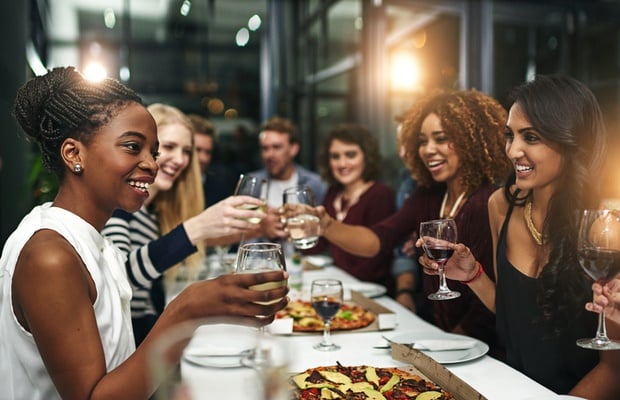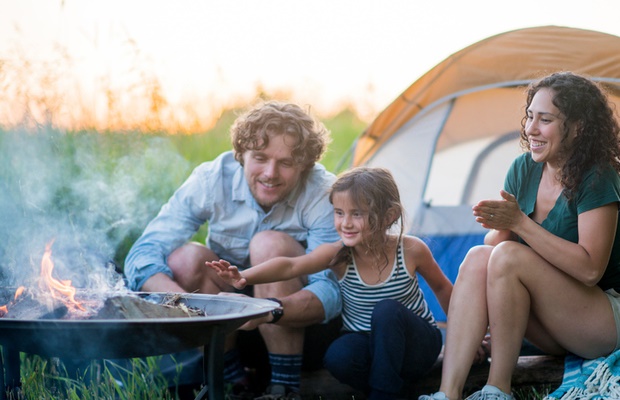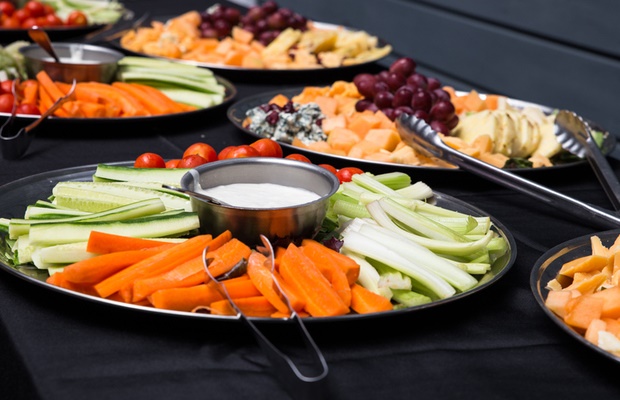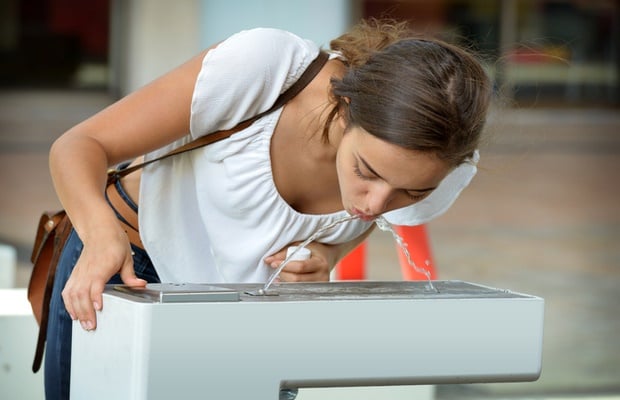The highest rise in carrying excess weight occurs between the ages of seven and 11, new data suggests.
Daily Archives: 06/12/2017
Long A&E waits: 3m a year wait over four hours
Nurses and doctors fear patients are being put at risk after numbers waiting over four hours rise by 120%.
Routing gene therapy directly into brain
[unable to retrieve full-text content]

Seeing through walls of unknown materials
[unable to retrieve full-text content]

3-D mini brains accelerate research for repairing brain function
[unable to retrieve full-text content]

Health24.com | Listeriosis outbreak: 7 times you are in danger of getting food-borne illnesses
On 5 December 2017 Health Minister Dr Aaron Motsoaledi announced that more than 30 people had died following an outbreak of Listeriosis.
What is Listeriosis?
Listeria monocytogenes can cause an infection called Listeriosis when food contaminated with the microorganism is eaten. These bacteria are found in soil, water and vegetation. It can also occur in some animals, including poultry and cattle. Raw milk and foods made from raw milk can also carry the bacteria.
Other food-borne illnesses
There are many other species of bacteria that can contaminate food and make you sick. These include campylobacter, salmonella, E.coli, Staphylococcus aureus, Clostridium perfringens and botulism among others. These bacteria are often spread when food isn’t handled in an hygienic way.
Food poisoning in the holiday
There are several reasons why we are more likely to be exposed to food-borne bacteria and get ill. Here are the scenarios:
1. You dine out more
When you dine out in restaurants, their hygiene measures may not always be up to scratch. Although restaurants must adhere to a strict health and safety code, some foods can become contaminated during processing, especially when dishes contain soft cheeses or when raw sprouts are added to food. Always choose reputable restaurants with good hygiene practices.

2. Food may spoil on camping trips, beach trips or hikes
Heat can cause foods like dairy products or meats to go off, increasing the risk of food poisoning, especially through salmonella. If you have no access to fridges, choose mostly non-perishable foods or keep meat frozen until it can be cooked. Heat produces the perfect circumstances for bacteria to breed.

3. You cook for a large numbers of guests
Prepping food for a bunch of people? You might be the best home cook, but when it comes to cooking larger amounts of food, there is the odd chance that something might be undercooked, increasing the risk of Listeriosis or other nasty forms of food poisoning. Be mindful of adapting cooking times for larger dishes and always wash fresh produce.
Also keep separate chopping boards for fresh produce and meat to avoid cross-contamination.

4. Your immune system might be weaker
Stressed out during the holidays? You might be more susceptible to getting sick from bacteria and other nasties. Boost your immune system by eating a balanced diet, de-stressing often and getting proper sleep.

5. All those cocktail parties…
Office parties and picnics often translate to platters loaded with cheeses, dips, pates, and deli meats. Be careful, as these can be contaminated with Listeriosis. Of course that doesn’t mean you have to be paranoid about every morsel of food you eat – just steer clear from that last piece of chicken that has been sitting out in the sun all day.

6. You might travel to places with contaminated drinking water
If you go on holiday, whether it’s local or abroad, ask about the quality of the tap water as it might be contaminated with bacteria and not safe for drinking. When in doubt, stick to bottled water or boil the water and let it cool down before drinking it.

7. Leftovers galore
The festive season means food and lots of it. If you have leftovers, make sure that these are stored safely in airtight containers in the fridge and freeze what you can. Don’t reheat food more than once and when you reheat leftovers, make sure the temperature is high enough to avoid the risk of food poisoning.

Image credits: iStock

Babies’ brains damaged by pollution, Unicef says
Toxic air is putting the brain development of millions of infants under one at risk, Unicef says.
Payout after woman was kept alive against her will
Brenda Grant tried to pull tubes out of her arm after being put in a nursing home, her family says.
Health24.com | QUIZ: How much do you know about the deadly Listeriosis outbreak?
Postnatal PTSD often misdiagnosed, warns expert
Few cases of postnatal PTSD are referred and treated in Wales, an expert says.




